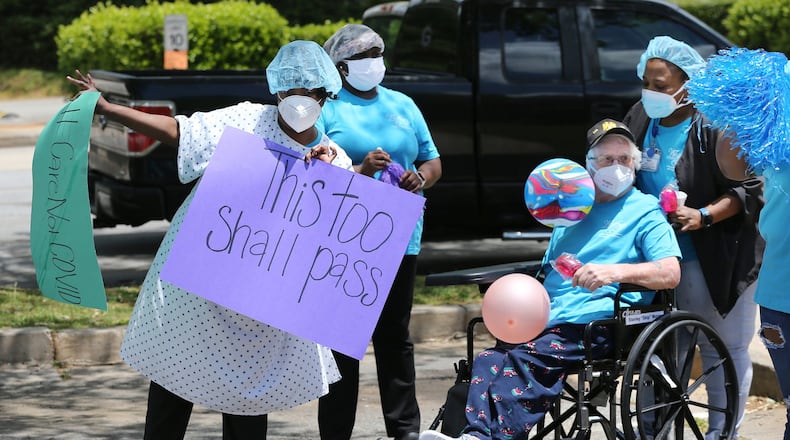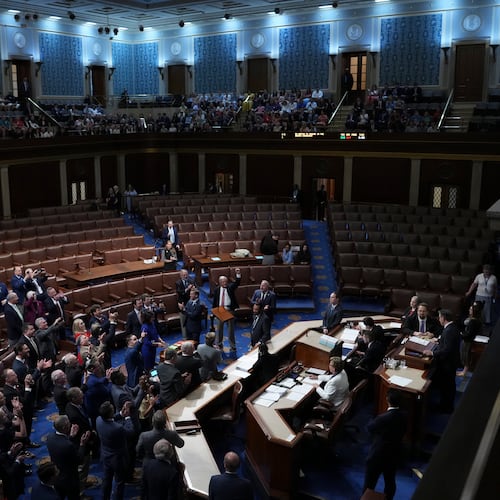My wife and I started working in nursing homes more than 20 years ago. My three children grew up volunteering in nursing homes. You could say that my heart is truly at home here.
Caring for the elderly is incredibly meaningful and rewarding, despite the many challenges of working in one of the most highly regulated industries in the country, and one that is often vilified.
In an industry with a troubled history, COVID-19 has created a perfect opportunity for finger pointing. While I realize there are some bad apples, those are not representative of today’s 15,000-plus nursing homes nationwide. Nursing homes are being unfairly admonished for failing to keep our sickest and most vulnerable seniors safe during a pandemic that caught us all by surprise. It is not the nursing home industry that has failed.
Nursing homes were never built for a highly infectious pandemic. Decades ago, the government recognized the overwhelming need to care for many old, sick and frail people without other family care options or adequate resources for housing or medical care. Nursing homes were funded and modeled for efficiency like hospitals, including long corridors lined with small rooms to house multiple people per room.
Today, more people need long-term skilled nursing care, they live longer, and they have more acute conditions. Times and expectations have changed drastically, yet most nursing home accommodations have not. Private rooms are few and far between, but major renovations are cost-prohibitive. Most nursing home residents cannot afford their care and rely on government programs, yet government reimbursements don’t cover the true cost of care — let alone building improvements. Providers are left to creatively fill in the gaps.
We must also get creative with staffing. In a physically and emotionally demanding job where underpaid staff members are burdened with a mountain of government regulations and unrealistic expectations, turnover and burnout are unfortunate realities. Our workforce deserves better. Most nursing home employees will tell you they aren’t there for the money. Rather, they feel called to serve. They form close bonds with residents, and they become like family. The most compassion I’ve ever witnessed is between nursing home employees and residents. And when residents pass, our staff mourn those losses alongside family members.
Sadly, illness and death are part of everyday life in nursing homes, but the impact of COVID-19 is especially heartbreaking. We are saddened and disturbed to see how this virus has affected our beloved elders, but nursing homes are not to blame. Our workforce was essentially sent to the frontlines of war without armor to fight an invisible enemy in an environment where it is impossible to win. Despite our best efforts, it is not surprising that this virus spreads so easily among residents and staff who are in close quarters, and when supplies and protective equipment simply weren’t available when we needed them most. Thankfully, many nursing homes have since been able to better manage the spread of COVID-19, but the battle is far from over and it’s imperative that we have access to the resources and supplies we need.
There is no doubt that our industry has room for improvement. We must stop at nothing to protect our residents and our workforce, which may sometimes require that we take certain measures before they are mandated. We, as an industry, need to be more transparent even when — and especially when — we fear backlash or criticism. But nursing homes cannot succeed without more support. Rather than react to this crisis with criticism, punishment or cumbersome regulations that will only take away from the critical care our elders need, we need regulators and lawmakers to work together with providers to find creative solutions that better protect, support and accommodate our elders and our staff. They deserve nothing less.
Deke Cateau is chief executive officer of A.G. Rhodes, a nonprofit nursing home provider with three communities in metro Atlanta.
About the Author
Keep Reading
The Latest
Featured



